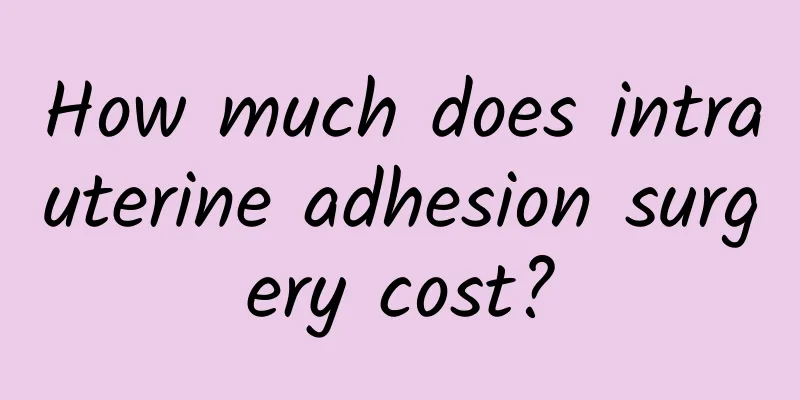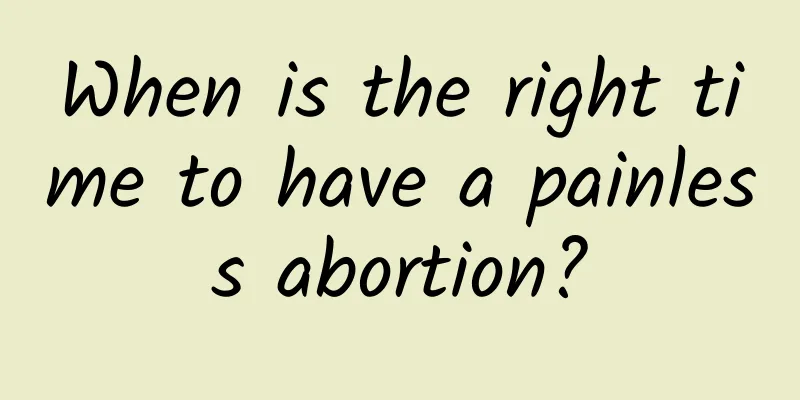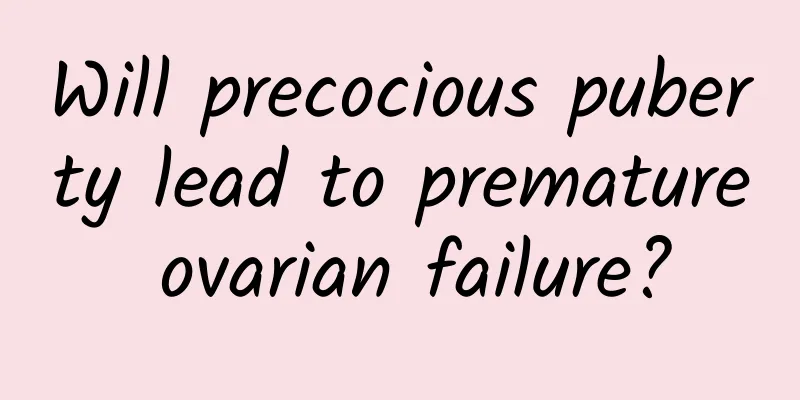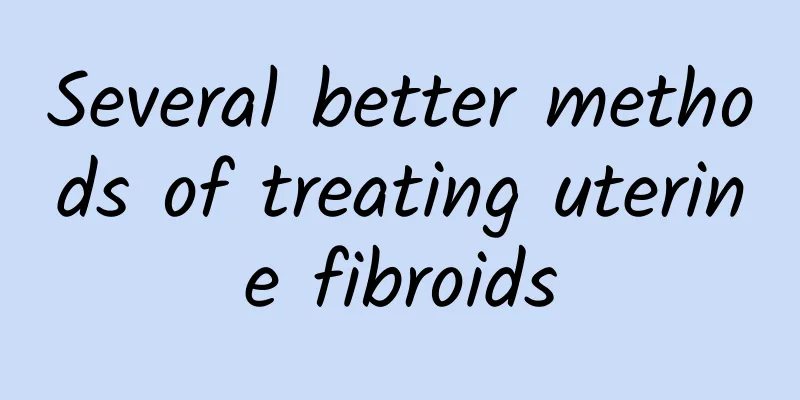Are the signs of uterine fibroids the same? What should be paid attention to when treating uterine fibroids?
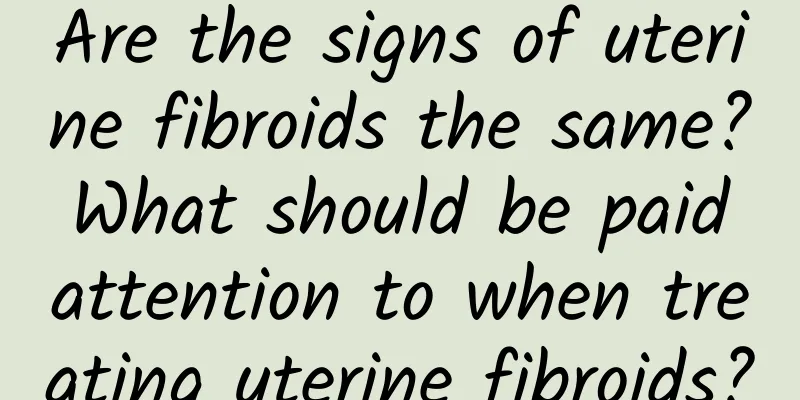
|
Uterine fibroids with blood stasis have dark purple tongue, thick and dry fur, and deep, astringent and strong pulse. Blood stasis blocks the body fluids, and the mouth is dry and does not want to drink. So, are the signs of uterine fibroids the same? What should be paid attention to in the treatment of uterine fibroids? Gynecological double diagnosis and triple diagnosis examinations show that the uterus is enlarged to varying degrees, irregular, irregular protrusions on the surface of the uterus, solid, and soft in texture. During the gynecological examination, the signs of uterine fibroids vary depending on the type. If the pedicled subserosal fibroid is long, a solid mass can be felt next to the uterus and can move freely. This situation is easily confused with an ovarian tumor. Submucosal fibroids descend to the cervical canal, and the cervical canal is loose. The examiner's finger is inserted into the cervix and a smooth spherical tumor can be felt. If it falls off from the cervical canal, the tumor can be seen, with a dark red surface, sometimes with ulceration and necrosis. Many patients with uterine fibroids have various misunderstandings because they do not understand the nature of fibroids, and often choose wrong or inappropriate treatment plans. Therefore, the following misunderstandings should be noted in the treatment of uterine fibroids: Misconception 1: Hysterectomy and cervicectomy Hysterectomy is still the main method of surgical treatment for uterine fibroids. The main advantage of hysterectomy is that there is no risk of fibroid recurrence and other uterine diseases in the future, and the disadvantage is the loss of the uterus. Subtotal hysterectomy, that is, preserving the cervix, has the advantage of maintaining the integrity of the pelvic floor structure, and the disadvantage is the loss of the uterus and the risk of residual cervical disease (mainly cervical cancer). The following situations are often encountered in our clinical work. Misunderstanding 2: Expecting menopause Most patients with uterine fibroids know that "fibroids will shrink after menopause", so "looking forward to menopause" becomes a "thought" in the patients' minds. With this "thought", they enter the long follow-up stage. Most fibroids will shrink after menopause, which is correct because sex hormones (estrogen and progesterone) depend on tumor growth. After menopause, estrogen and progesterone decrease, inhibiting fibroid growth. For women with uterine fibroids, some effective drugs can be tried, such as Guizhi Fuling Capsule: used for lumps, amenorrhea, dysmenorrhea, and postpartum lochia caused by blood stasis in women; uterine fibroids, chronic pelvic inflammatory masses, dysmenorrhea, and endometriosis. Dangui Capsule: used for uterine fibroids and pelvic inflammatory masses caused by qi stagnation and blood stasis, with symptoms of lower abdominal distension and pain, lumbar pain, heavy discharge, anal swelling, and dark spots on the tongue. Dahuang Zhechong Pill: used for blood stasis, abdominal lumps, skin and nail discoloration, dark eye sockets, hot flashes, emaciation, and amenorrhea. |
>>: Common treatment methods for uterine fibroids How to treat uterine fibroids
Recommend
What are the examination methods for vulvar leukoplakia?
Do you want to know how to check for vulvar leuko...
Thin thighs like this! 2. Raise your legs to change your posture and tighten your lines
Long periods of sitting and lack of exercise in t...
What are the precautions for pregnancy and how to care for diffuse adenomyosis
The appearance of adenomyosis makes many female f...
What are the treatments for uterine fibroids?
Many female patients suffer from uterine fibroids...
Can endometriosis be completely cured?
Regarding the treatment of endometriosis, experts...
What is the difference between miscarriage and menstruation?
Whether it is miscarriage or the arrival of menst...
What causes vaginitis?
What is vaginitis? What are the causes of vaginit...
Will ovarian cysts affect pregnancy? What should I do if I have ovarian cysts during pregnancy?
Will ovarian cysts affect pregnancy? What should ...
Paying attention to the cause of vaginitis can avoid the occurrence of this disease
Nowadays, more and more people may suffer from va...
Symptoms of chronic right adnexitis
Chronic right-sided adnexitis may cause dull pain...
How to regulate premature ovarian failure
How to regulate premature ovarian failure? Women ...
What causes pelvic peritonitis?
Pelvic peritonitis is a type of gynecological inf...
How to treat irregular menstruation caused by uterine cold
How to treat irregular menstruation caused by ute...
What is a chocolate cyst?
What is a chocolate cyst? 1. Chocolate cyst is a ...
Let’s discuss what are the health care measures for cervical hypertrophy?
In order to cure the disease of cervical hypertro...
